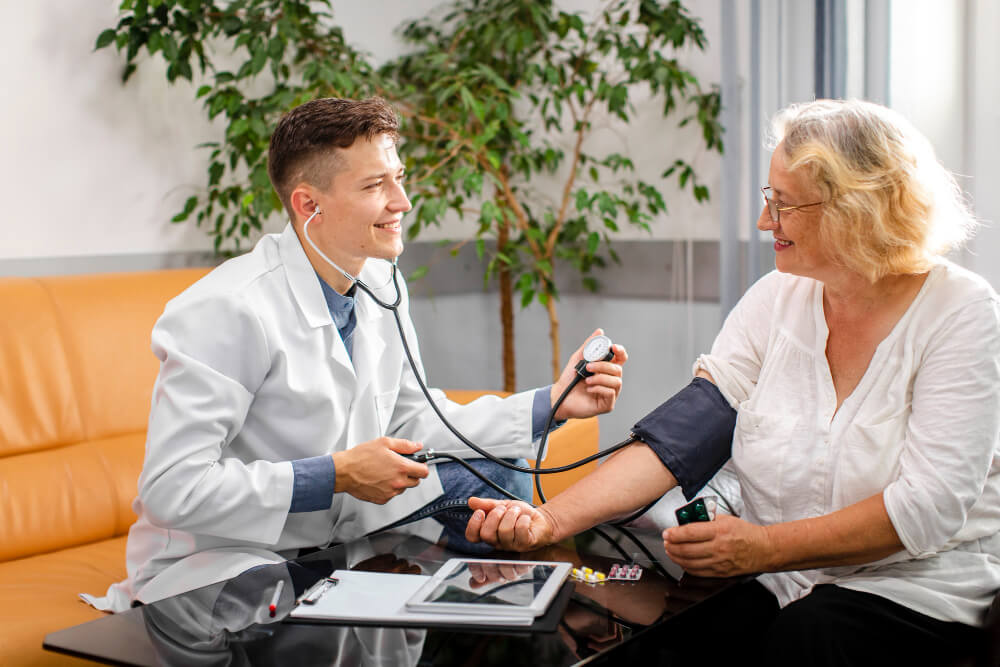Need Quick Medical Attention? Urgent Care: Your Weekend Savior
Life throws curveballs, and sometimes those curveballs come in the form of unexpected health issues. A sudden earache, a nasty sprain, or a pesky allergic reaction – these situations require timely medical attention, but not necessarily a trip to the crowded emergency room (ER).
“Urgent Care SOS: When to Skip the Doc and Head to Urgent Care” equips you with the knowledge to navigate the healthcare system efficiently. Here, we explore the world of urgent care clinics, their services, and when they can be your weekend warrior’s best friend when faced with non-life-threatening medical situations.

Urgent Care SOS: When to Skip the Crowded ER
The emergency room is a crucial resource for life-threatening emergencies. However, for many non-critical situations, urgent care clinics offer a faster, more convenient, and often more cost-effective alternative.
Here are some key situations where urgent care is the perfect solution:
- Sudden Onset of Illness: Experiencing a fever, cough, cold, or flu-like symptoms? Urgent care can provide diagnosis, treatment recommendations, and potentially medication to alleviate your discomfort.
- Minor Injuries: Cuts requiring stitches, sprains, strains, or broken bones that are not life-threatening can be effectively treated at an urgent care clinic.
- Allergies: Sudden allergic reactions, insect bites, or stings can be addressed promptly at urgent care.
- Eye Infections: Experiencing a painful or red eye? Urgent care can diagnose and treat various eye infections.
- Minor Burns: For non-severe burns that don’t require extensive treatment, urgent care can provide proper wound care and pain management.
- Urinary Tract Infections (UTIs): Urgent care can diagnose and prescribe medication for UTIs, alleviating discomfort quickly.
- Skin Conditions: Urgent care can address sudden rashes, allergic skin reactions, or minor skin infections.
Remember: If you experience a life-threatening emergency, such as severe chest pain, difficulty breathing, uncontrolled bleeding, or a head injury with loss of consciousness, seek immediate medical attention at the ER and call 911.
Beyond Band-Aids: The Range of Services Offered by Urgent Care

Urgent care clinics offer a wider range of services than one might expect. Here’s a glimpse into what you can typically expect:
- Diagnosis and Treatment: Urgent care physicians can diagnose a variety of non-emergency medical conditions and provide treatment plans including medications, injections, and minor surgical procedures like stitching wounds.
- On-Site Lab Testing: Many urgent care clinics have in-house lab testing capabilities, allowing for faster diagnosis and treatment decisions.
- Imaging Services: Some urgent care clinics offer X-ray services to help diagnose bone fractures or other injuries.
It’s important to note: Services and capabilities may vary depending on the specific urgent care clinic. It’s always best to call the clinic beforehand to confirm if they offer the services you need.
Weekend Warrior Woes? Urgent Care to the Rescue!
Traditional doctor’s offices often have limited weekend hours, leaving you waiting until Monday for non-emergency medical attention. This is where urgent care shines. Many urgent care clinics boast extended hours, including weekends and evenings, making them a lifesaver for those unexpected medical needs that arise outside of regular office hours.
Whether you’re enjoying a weekend getaway and experience a sudden illness, or overdo it during a sports activity and sustain a minor injury, urgent care provides a convenient and accessible solution. You won’t have to suffer through the weekend or wait in long ER lines – urgent care offers timely medical attention when you need it most.
Know Before You Go: Preparing for Your Urgent Care Visit
To ensure a smooth and efficient visit to urgent care, here are some things to keep in mind:
- Gather Your Information: Bring your insurance card, a list of current medications, and any relevant medical history documents.
- Explain Your Symptoms Clearly: The more detailed you are about your symptoms, the easier it will be for the urgent care physician to diagnose and treat you effectively.
- Be Patient: While urgent care visits are typically faster than ER visits, there may still be a wait depending on the number of patients.
- Follow-Up Care: The urgent care physician may recommend follow-up care with your primary care doctor for certain conditions. Be sure to schedule an appointment to ensure continuity of care.
Additionally, some urgent care clinics allow online check-in or wait time estimation, saving you time upon arrival.
Finding Urgent Care Near You:
- Urgent care clinics are becoming increasingly common. Many major healthcare providers and insurance companies have directories of urgent care clinics within their networks.
